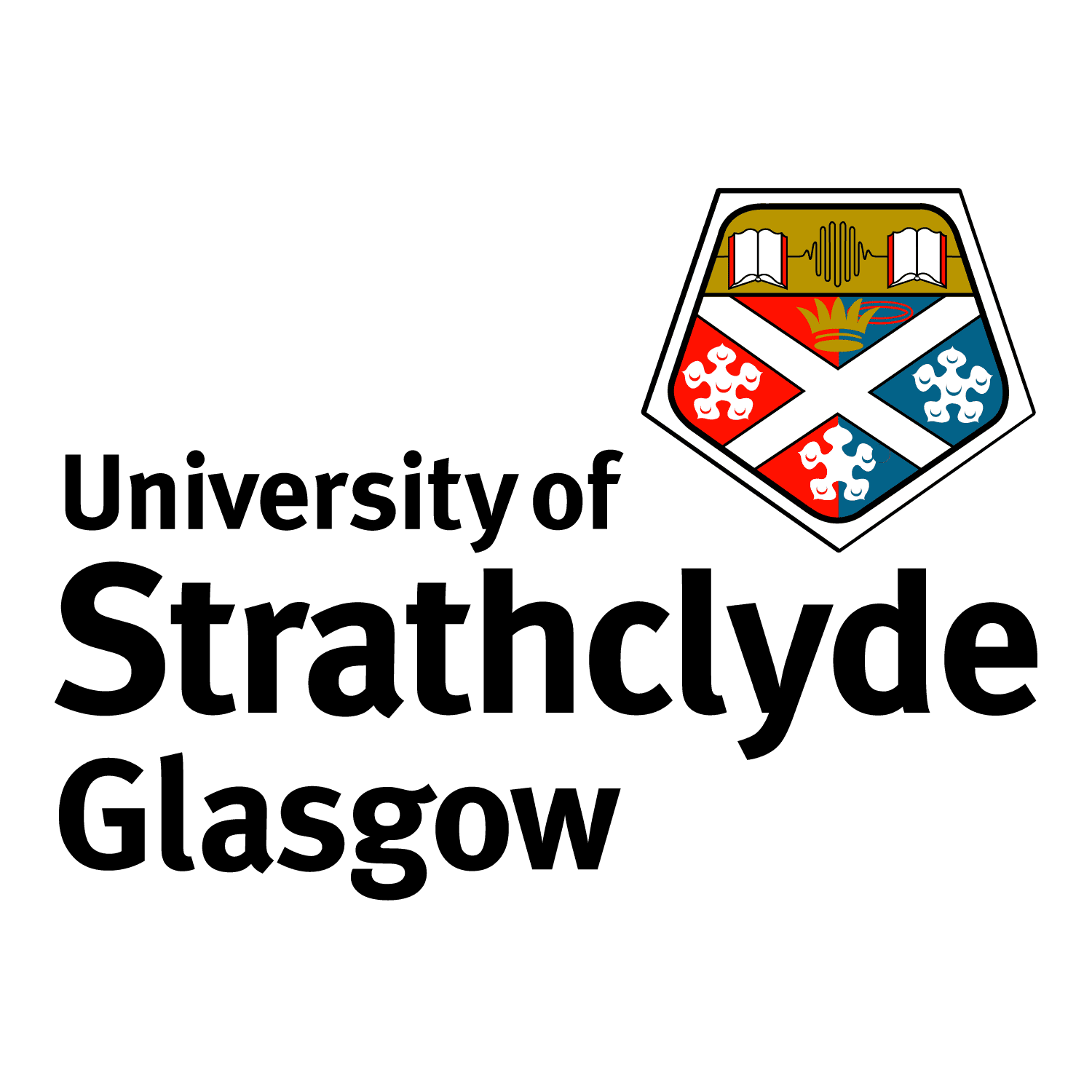
BA (Joint Hons) in Finance and Mathematics and Statistics
University of Strathclyde, Glasgow


University of Strathclyde, Glasgow

BA (Joint Hons) in Finance and Mathematics and Statistics
University of Strathclyde, Glasgow
University of Strathclyde offers placement support
Top choice of Indian students
Fee Waiver with Leap
Strathclyde boasts close ties with leading companies in Scotland and beyond
It is a top-ranked institution verified by QS
Scholarship Available
Quick Admit Response
Degree
Undergraduate
Duration
48
Course Type
With Co-op
Co-op education gives you real-world experience in a job related to your studies.
INR
22.75L
USD 26763
1st Year Tuition Fees
Opening Soon
GBP 28.5